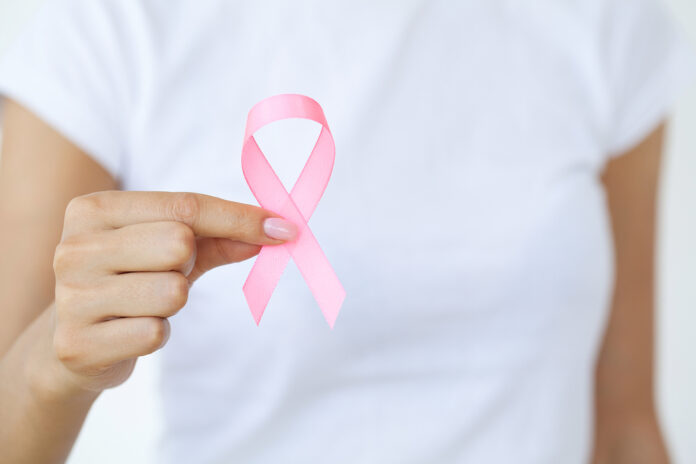
The risks of dying from cancer have drastically been lowered. Technology has allowed more detection through screenings and more effective treatment if it is detected. Nearly 3.8 million have survived breast cancer, with the death rate being at a low of 2.6 percent. It’s important to recognize the symptoms, so cancer has a better chance of being defeated.
Signs Of Breast Cancer
One of the more known symptoms linked to breast cancer is a lump protruding from the breast or armpit. Other signs are rash or discharge coming from the nipple, changes in girth of the breast, color differences, pain in the breast or armpit area that is constant even after a period has ceased, and flaking or peeled skin.
It should be noted that a lump may not be associated with any pain. Any new arriving lump should mean a trip to the doctor for further analysis. However, a lump in the breast does not mean it is immediately cancer.
Why Do Women Get Breast Cancer?
In someone who has healthy cells, their genes will identify when a threatening cell is trying to attack the body. It destroys it before it has a chance to grow. When a woman has breast cancer, that fight is non-existent. The breast tissue cells grow at harmful levels. Depending on the severity of the cancer, it may even start spreading through the entire body, beginning at the milk ducts.
Breast Cancer Stages
Breast cancer is ranked in order of size and how much is within the body. These are referred to as stages, starting at 0-4.
Stage 0 is contained in the ducts without leaking into the rest of the body.
In Stage 1, the tumor can be 2 centimeters or smaller and has made little to no move into the lymph nodes.
In Stage 2, the tumor is at least 2 centimeters, measuring as large as 5 centimeters. It may or may not have spread yet.
For Stage 3 in breast cancer, the tumor is 5 centimeters or smaller with a spread to many lymph nodes. Stage 3 can also be a tumor bigger than 5 centimeters with a spread to some lymph nodes.
Stage 4 in any cancer is a scary diagnosis. It means cancer has spread to vital organs like the liver, lungs, brain, or bones.
If you notice any changes in your breasts, it’s important to reach out to your doctor.



















